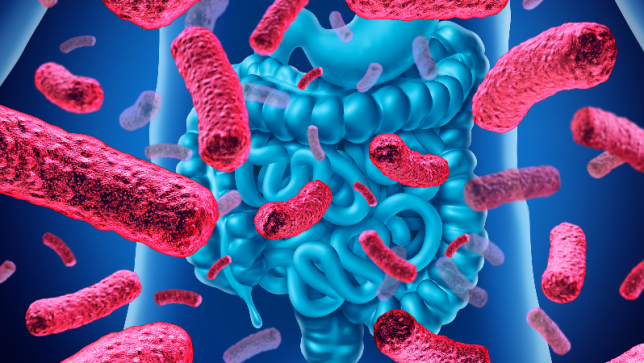
Researchers from the University of Turku in Finland have developed a new bioinformatics tool to predict if a microbe, e.g. a human gut bacterium, is sensitive to the world’s most used weedkiller, glyphosate. The tool has revealed that 54% of the human core gut bacterial species are potentially sensitive to the chemical herbicide.

“Glyphosate targets an enzyme called EPSPS in the shikimate pathway. This enzyme is crucial to synthesizing three essential amino acids. Based on the structure of the EPSPS enzyme, we are able to classify 80-90% of microbial species into sensitive or resistant to glyphosate,” says Docent Pere Puigbò, developer of the new bioinformatics tool.
“This groundbreaking study provides tools for further studies to determine the actual impact of glyphosate on human and animal gut microbiota and thus to their health,” explains Docent Marjo Helander.
Glyphosate Box
Glyphosate Residue Free Certification for Food Brands – Click Here
Test Your Food and Water at Home for Glyphosate – Click Here
Test Your Hair for Glyphosate and other Pesticides – Click Here to Find Out Your Long-Term Exposure
Glyphosate was previously thought to be safe to use because shikimate pathway is found only in plants, fungi and bacteria. However, glyphosate may have a strong impact on bacterial species in the human microbiome, and several recent studies have shown that perturbations in the human gut microbiome are connected to many diseases. Therefore, the widespread use of glyphosate may have a strong effect on gut microbiomes as well as on human health.
The dominance of this herbicide in the pesticide market is mainly attributed to the use of transgenic crops, such as soy, corn and canola, which are often grown as glyphosate-resistant varieties outside Europe. In North America and Europe, glyphosate is commonly used to desiccate cereal, bean and seed crops before harvest. It is also used to eradicate weeds prior to sowing in no-till cropping systems…
